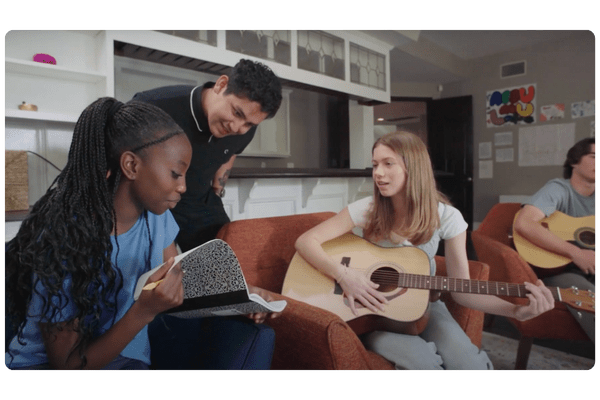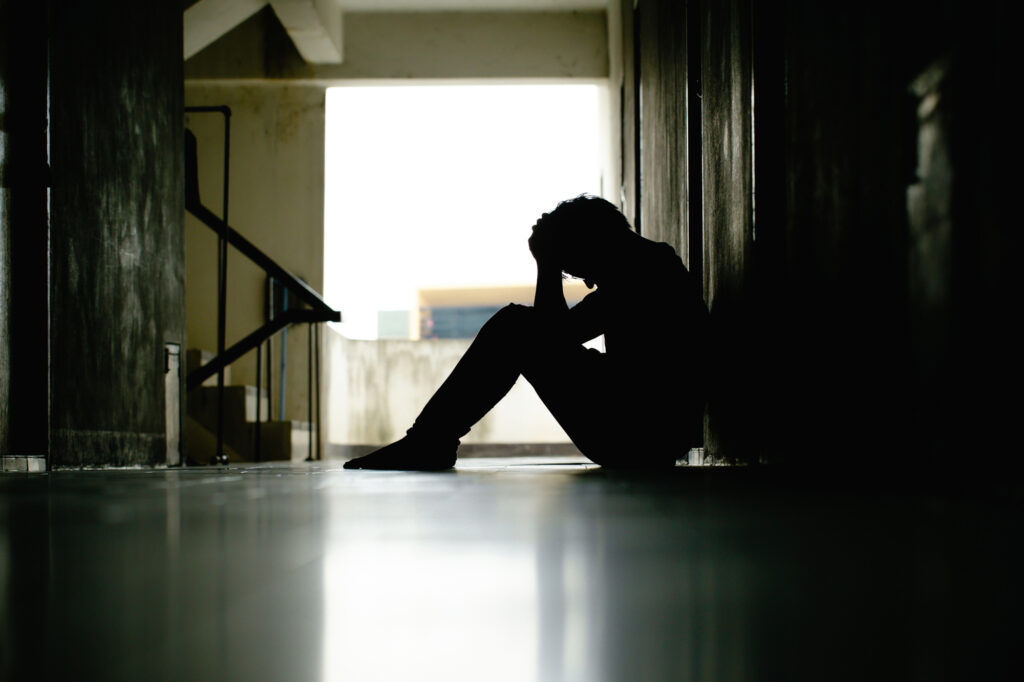Watching your teen struggle with substance abuse can be one of the most challenging experiences of a parent’s life. Seeing them take steps toward recovery is a powerful reminder that healing is possible. Recovery Awareness Month is a time to celebrate those in recovery, raise awareness about the challenges of addiction, and offer support to families navigating this journey. If your teen is in recovery, this month serves as a reminder of the importance of ongoing support, education, and encouragement.
Evolve Adolescent Behavioral Health has treated a huge number of young people who are struggling with substance abuse, and we are here to tell you that recovery is possible. Parents can make all the difference in helping their children overcome substance dependencies, especially when they have professional help.
The History of Recovery Awareness Month
Recovery Awareness Month was first observed in 1989 by the Substance Abuse and Mental Health Services Administration (SAMHSA). Originally called “Treatment Works! Month,” the initiative was designed to promote the benefits of substance abuse treatment and recovery programs. Over the years, the observance has grown in scope and now encompasses a wide range of activities aimed at educating the public about the realities of addiction and the effectiveness of recovery programs. The month serves as a platform to celebrate those in recovery, reduce stigma, and encourage individuals and families to seek help. For parents of teens in recovery, this month is a reminder that they are not alone, and that recovery is a lifelong process that requires continued support.

Warning Signs That Your Teen Might Be Abusing Alcohol or Drugs

It’s important to recognize the signs of substance abuse early so that you can intervene and get your teen the help they need. Here are some common warning signs that your teen might be abusing alcohol or drugs:
- Changes in Behavior: Sudden shifts in behavior, such as increased secrecy, withdrawing from family, or a decline in school performance, can be red flags.
- Physical Symptoms: Unexplained weight loss, changes in sleep patterns, bloodshot eyes, or unusual smells on their breath or clothing may indicate substance use.
- Mood Swings: Extreme mood swings, irritability, or unexplained outbursts can be signs of substance abuse, especially if they are out of character for your teen.
- Loss of Interest: A teen who suddenly loses interest in activities they once enjoyed, or who starts hanging out with a new, potentially negative peer group, may be struggling with substance abuse.
- Financial Problems: If your teen is constantly asking for money without a clear explanation or is missing valuable items from their room, it could be a sign they are using funds to purchase substances.
If you notice any of these signs, it’s important to have an open and honest conversation with your teen and seek professional help if necessary.
How to Support a Teen in Recovery

Supporting a teen in recovery is an ongoing process that requires patience, understanding, and commitment. Here are some ways to support your teen as they navigate their recovery journey:
- Encourage Open Communication: Create a safe space where your teen feels comfortable talking about their feelings and experiences without fear of judgment.
- Educate Yourself: Learn about the recovery process and the challenges your teen may face. This knowledge can help you provide informed support and empathy.
- Set Boundaries and Expectations: While it’s important to be supportive, it’s also crucial to set clear boundaries and expectations. This includes establishing rules around curfews, peer associations, and substance use.
- Promote Healthy Habits: Encourage your teen to engage in healthy activities, such as exercise, hobbies, or volunteering. These activities can help them build self-esteem and find fulfillment outside of substance use.
- Seek Professional Support: Consider family therapy or support groups for both you and your teen. Professional guidance can provide valuable tools for navigating the recovery process together.
Recovery Awareness Month is a great time to reflect on your teen’s progress, celebrate their achievements, and continue to provide the support they need on their journey. By staying informed and involved, you can play a critical role in their long-term success.
If you are concerned your teenager is struggling with an addiction or abusing drugs, the time to step in is now. Evolve Adolescent Behavioral Health offers exceptional mental health and substance use treatment options to support young people through the recovery process, including round-the-clock inpatient care, outpatient services, and long-term therapy to help your child overcome substance abuse and live a happy, healthy life. Reach out to us today to get the process started.
FAQs
Q: How long does recovery take?
A: Recovery is a lifelong process that varies for each individual. While the early stages of recovery are often the most intense, ongoing support and commitment are crucial for long-term success.
Q: Can a relapse happen, and what should I do if it does?
A: Yes, relapse is a possibility in recovery. If your teen relapses, approach the situation with compassion and seek professional help immediately. Relapse does not mean failure; it’s an opportunity to learn and strengthen the recovery plan.
Q: How can I talk to my teen about their recovery without making them feel judged?
A: Use open-ended questions, listen actively, and avoid blaming language. Let your teen know that you are there to support them, no matter what.
Q: What resources are available for families of teens in recovery?
A: Evolve Adolescent Behavioral Health offers a range of therapeutic services that can be tailored to support any teenager’s individual needs. Additionally, many organizations offer support for families, including Al-Anon, Nar-Anon, and other local mental health agencies. These resources can provide guidance, support, and education as you navigate your teen’s recovery.






